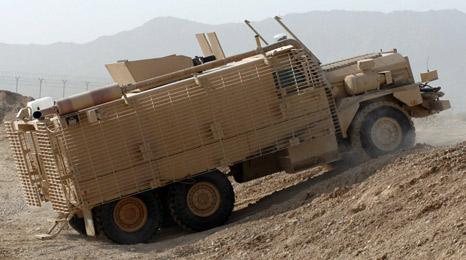British troops receive new bulletproof fuel containers
- Published
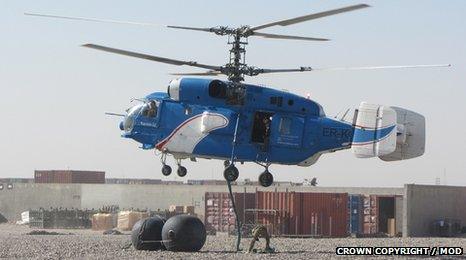
Large rubber balls which are used to transport fuel have been delivered to troops in Afghanistan.
The Air Portable Fuel Containers Mk 5 can hold up to two tonnes of fuel each.
The balls will be protected from enemy fire by kevlar, a flexible plastic often used in body armour.
The containers, which are 1.37m in diameter, can be parachuted to soldiers from transport aircraft or carried in a sling under a helicopter.
They can also be dropped from heights of up to seven metres.
The containers will be used to help soldiers stationed at operating bases and check points, who need fuel for heat, light and power for medical and communications equipment.
The Ministry of Defence (MoD) said they would be particularly useful for transporting fuel to more remote areas of operations.
Most fuel deliveries are done by road, a much longer process which is dangerous because of the potential for IED (improvised explosive device) attacks.
However, road deliveries have been made difficult in recent months after neighbouring Pakistan closed border crossings which are used to ship fuel to troops in Afghanistan.
'Essential equipment'
Relations between Pakistan and the US are currently strained after an air strike in November by the US military on the Afghan border killed 24 Pakistani soldiers.
Nato apologised at the time, calling it a "tragic unintended incident", and is investigating what happened.
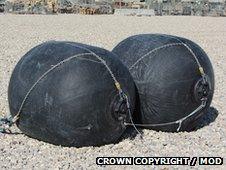
Two Air Portable Fuel Containers Mk 5, which are to be used by UK troops
The new fuel containers, which look like giant balloons, have been welcomed by soldiers at Camp Bastion in Helmand Province.
Flight Lieutenant John Harrison says the containers would "deliver valuable support to ground troops".
"They are relatively maintenance-free and easy to operate, making them an essential bit of equipment," he added.
The containers were built in the UK and have been bought from GKN Aerospace in a five-year deal worth £2m.
In 2010 the US Department of Defense (DoD) spent $250m (£161m) on fuel, according to their Annual Energy Management Report.
- Published4 July 2011
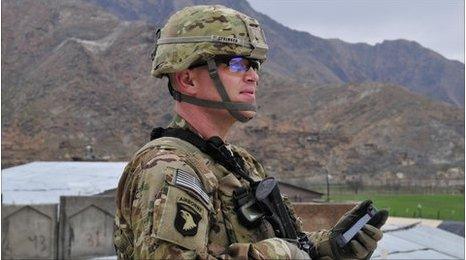
- Published27 July 2010
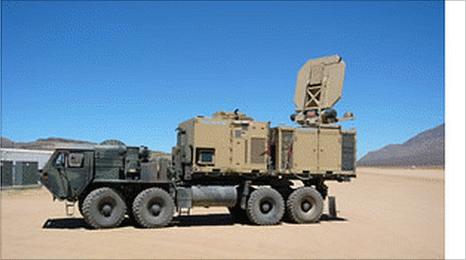
- Published13 July 2010
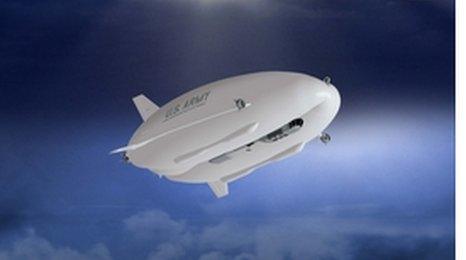
- Published12 July 2010
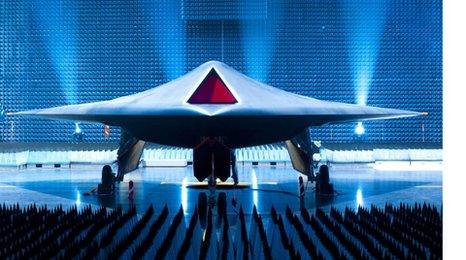
- Published9 July 2010
